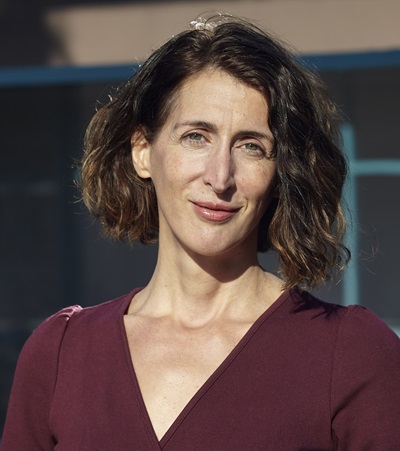DDC x DIAS lecture -Mirta Galesic

Mirta Galesic is Professor at the Santa Fe Institute, External Faculty at the Complexity Science Hub in Vienna, Austria, and at the Vermont Complex Systems Center, UVM, as well as an Associate Researcher at the Harding Center for Risk Literacy at the University of Potsdam, Germany.
Mirta Galesicwill be giving a DDC x DIAS lecture on Wednesday 17 may at the University of Southern Denmark.
Human social sensing is an untapped resource for computational social science
Abstract:
The ability to ‘sense’ the social environment and thereby to understand the thoughts and actions of others allows humans to fit into their social worlds, communicate and cooperate, and learn from others’ experiences. Here we argue that, through the lens of computational social science, this ability can be used to advance research into human sociality. When strategically selected to represent a specific population of interest, human social sensors can help to describe and predict societal trends, such as elections. Traditionally, election polls have asked for participants’ own voting intentions. In three U.S. elections (2016, 2018, and 2020), and three European elections with many parties (France 2017, Netherlands 2017, Sweden 2018), we find we could improve predictions by asking participants how they thought their social circles would vote. In addition, people's reports of how they experience their social worlds can help to build models of belief dynamics that distinguish between perceived and actual beliefs of others in social networks. Galesic will describe an example of such a model (Networks of beliefs) and show how it provides a more nuanced picture of belief dynamics within and between individual minds.
The lecture takes place in the DIAS Auditorium, Fioniavej 34, Odense campus, 17/5, 11.15-12.15.
Everybody is welcome and no registration is needed.
Live stream on youtube.com/@danish-ias
The lecture is a collaboration between the Danish Institute for Advanced Study and the Digital Democracy Center (DDC)
